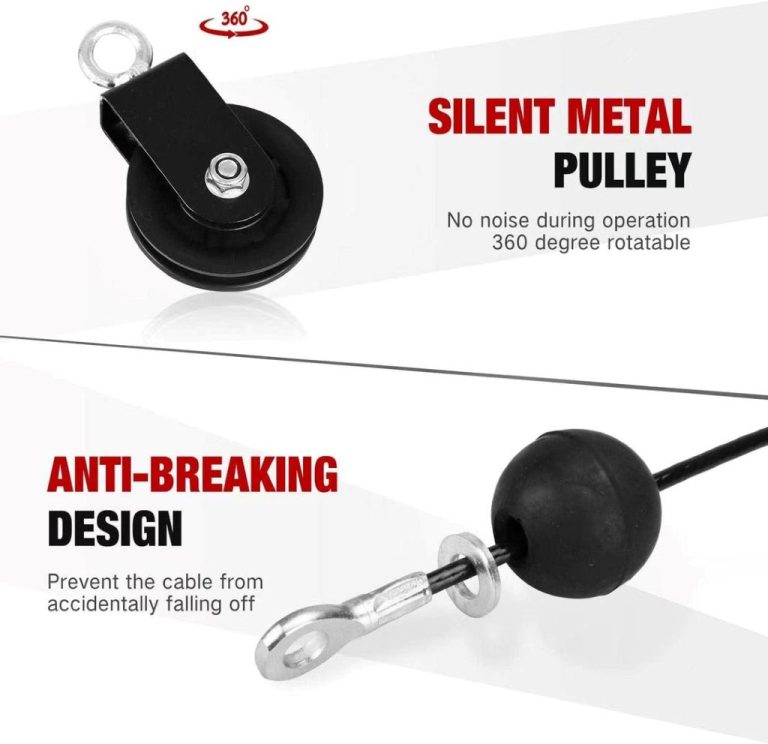It is important to maintain a healthy mind. Experts often associate cognitive decline and memory loss with ageing. However, keeping your brain and body active will help you retain cognitive function as well as your problem-solving skills and motor abilities.
Actively maintaining your body and mind can be great for mood. Life after retirement is just as exciting and fun as before.

How to keep your mind sharp
- Be a lifelong learner
After retirement, learning is a wonderful way to keep the neurons active! It doesn’t matter if you learn in a formal or informal way – what matters is that you find something you enjoy and are interested in.
Stimulating your mind through learning a new skill will help you reduce the risk of anxiety and depression. You’ll be proud of your achievements! Consider knitting. For Knitting Kit ranges, visit https://www.woolcouturecompany.com/collections/knitting-kits
- Take care of your body
As you age, it’s important that you continue to workout regularly. Exercise reduces the risk of disease and cognitive decline. Exercise triggers the release of dopamine and serotonin.
A healthy brain is a result of a healthy body. Exercise can also make you feel and look younger .
Don’t worry if you haven’t exercised in a while! It’s important to start slowly with exercise, just as you would when learning a new skill.

- Socialise
Researchers found that those who spend a lot of time socialising, joining clubs or volunteering tend to be in better physical and mental health. Regular, casual conversation keeps you mentally engaged, reduces the risk of memory loss and makes you happy. Socialising may even help you to live longer.
- Take a break from your comfort zone
Our time as young people is usually taken up with building a career and saving for a home, or starting a family. You may be able, if you are lucky, to accomplish a few of the things on your bucket-list during this time. Retirement is a great time to accomplish more on your bucket list!
Set yourself a monthly goal. It may seem easier to stay in your comfort zone, but too many repetitions can lead to a negative mood.
- Consider volunteering
Volunteers are needed by many charities, political groups, and shelters. Consider what you would like to do, and how much effort and time you are willing to give. Choose something that is close to your heart, or look for sites like Global Volunteers to match your skills with an organisation’s need.








